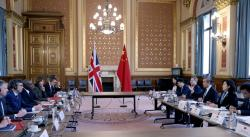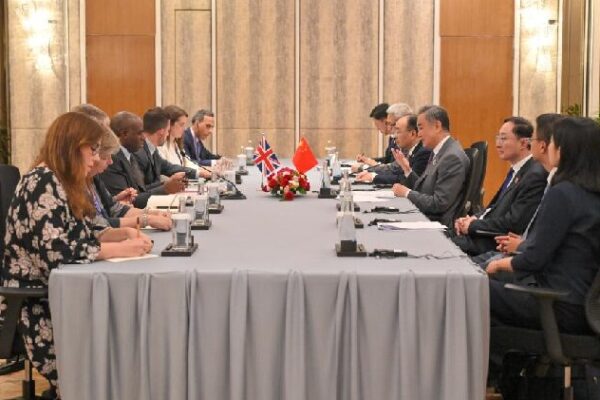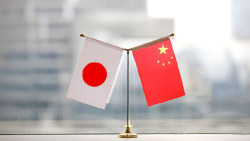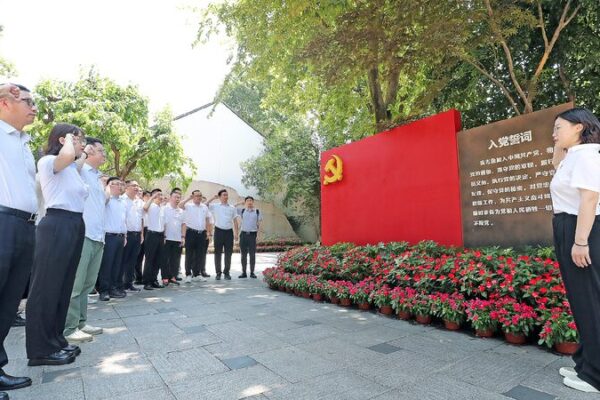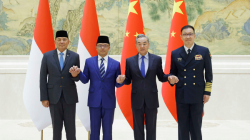London, October 12 — China and the UK have agreed to enhance bilateral cooperation in key areas such as energy, technology, artificial intelligence, and climate change. The agreement was reached during the 10th China-UK Strategic Dialogue held in London on Thursday.
Chinese Foreign Minister Wang Yi, also a member of the Political Bureau of the Communist Party of China (CPC) Central Committee, and British Foreign Secretary David Lammy co-chaired the dialogue.
The two sides outlined a roadmap for future exchanges, with several key visits announced. Upcoming visits include the UK minister for energy security and net zero, the UK minister for science, research and innovation—who will attend a China-UK innovation cooperation meeting—and the UK minister for education, who will engage in China-UK education ministerial consultations.
Further agreements were made to accelerate preparations for the China-UK Joint Economic and Trade Commission, as well as mechanisms on healthcare and industrial cooperation. Both nations also emphasized strengthening cooperation in global governance, climate change, cybersecurity, financial services, and AI. They reiterated the importance of advancing the full and effective implementation of the Paris Agreement and supporting both countries’ green transitions.
During the dialogue, Wang Yi acknowledged the differences in political systems, history, and culture between China and the UK but stressed the importance of objective and rational communication based on mutual respect. He reaffirmed China’s view of the UK as a crucial strategic partner and expressed a commitment to advancing practical cooperation in various fields.
David Lammy highlighted the significance of the UK-China relationship, especially amid increasing global challenges. He noted that strengthening strategic communication between the two nations is vital for contributing to global peace and stability.
The discussions also covered sensitive issues. Wang elaborated on China’s positions regarding Taiwan, Hong Kong, and other matters, while both sides exchanged in-depth views on the ongoing Ukraine crisis. Wang outlined China’s stance, emphasizing the importance of avoiding the spread of the conflict and preventing escalation. He called for continued efforts toward peace talks and the establishment of a balanced, effective, and sustainable European security framework.
Additionally, the two sides discussed the situation in the Middle East and other global issues of mutual concern, signaling a mutual interest in collaborating on international challenges.
Reference(s):
cgtn.com
